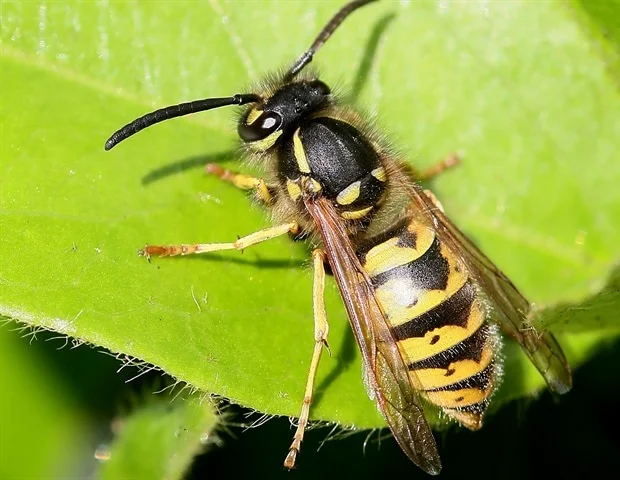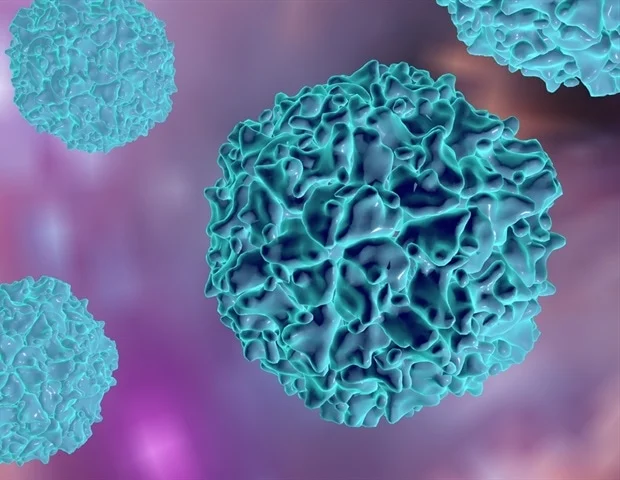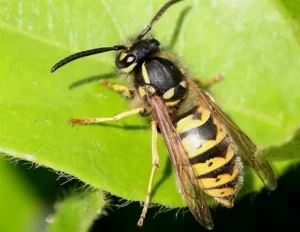Fruit Flies Steal Bacterial Defense to Survive Parasitic Wasps
In a remarkable case of evolutionary survival, scientists have uncovered an extraordinary mechanism by which fruit flies (Drosophila melanogaster) have developed the ability to evade parasitic wasps, one of their most formidable natural predators. This new discovery reveals that fruit flies have evolved to “steal” bacterial defenses from their environment to better protect themselves from the deadly wasp larvae that infest their bodies. The finding, published in a major scientific journal, has deep implications for our understanding of evolutionary biology, host-parasite interactions, and the potential for new approaches to pest control and disease prevention.
For years, parasitic wasps have been a significant threat to fruit fly populations, laying their eggs inside the flies, where the larvae feed off the host’s tissues, ultimately killing it. However, recent research has shown that fruit flies have found a way to level the playing field by incorporating bacteria from their surroundings to bolster their immune defense systems, making them more resilient to wasp infestation. This astonishing discovery opens the door to a broader understanding of how animals adapt to environmental challenges and exploit microbial relationships for survival.
In this article, we will explore the complex relationship between fruit flies, parasitic wasps, and the bacteria that play a key role in helping the fruit flies survive this deadly encounter. Additionally, we will examine the broader implications of this study for evolutionary theory, insect behavior, and potential applications in pest management and medicine.
The Host-Parasite Relationship: Fruit Flies and Parasitic Wasps
To fully appreciate the significance of this discovery, it is important to understand the basic dynamics of the relationship between fruit flies and parasitic wasps. Parasitic wasps, specifically species in the family Hymenoptera, are among the most dangerous threats to fruit fly populations. These wasps have evolved a unique reproductive strategy that involves laying their eggs inside the bodies of fruit flies. After the eggs hatch, the wasp larvae feed on the fly’s tissues, eventually killing it as they mature.
This type of parasitism is known as endoparasitism, and it is a common strategy among various wasp species. For fruit flies, being infested by these parasitic wasps is a deadly encounter, and they have developed an array of defensive mechanisms over time to fight back. The most notable of these mechanisms is their immune response, which activates when the parasitic wasp’s eggs are deposited inside the fly’s body. The immune system of the fly attempts to isolate and kill the invading larvae, but the parasitic wasps have evolved strategies to overcome these defenses, often ensuring their offspring survive.
The struggle between the fruit flies and parasitic wasps represents a classic example of co-evolution: as one species evolves new strategies to survive, the other adapts in response. This ongoing evolutionary “arms race” has resulted in increasingly sophisticated adaptations in both the fruit flies and the parasitic wasps. However, the recent discovery that fruit flies can steal bacterial defenses from their environment adds a new twist to this longstanding battle.
The Role of Bacteria in Immune Defense
Insects, like fruit flies, have complex relationships with the microbes that inhabit their bodies. These microorganisms, including bacteria, fungi, and viruses, play a crucial role in maintaining the health of the host organism. In fact, many insects rely on these microbes to help defend against parasites, pathogens, and other threats. This phenomenon is known as the “microbiome” or “symbiotic microbiota,” and it has been shown to have a significant impact on the health and survival of many species.
In the case of fruit flies, researchers have discovered that certain types of bacteria found in their environment can help bolster their immune system and improve their resistance to parasitic wasps. These bacteria are known to produce antimicrobial compounds that can suppress the growth of harmful pathogens or parasites, including the larvae of parasitic wasps. By incorporating these bacteria into their bodies, fruit flies can enhance their natural immune defenses and reduce the likelihood of being successfully parasitized.
The fascinating part of this discovery is that fruit flies do not necessarily rely solely on the bacteria already present within their own bodies. Instead, they seem to actively seek out beneficial bacteria from their environment, “stealing” these microbial defenses to give themselves an advantage in the battle against parasitic wasps. This behavior highlights the remarkable adaptability of fruit flies and their ability to exploit the microbial world for survival.
How Fruit Flies Steal Bacterial Defenses
The process by which fruit flies “steal” bacterial defenses from their environment is still being studied, but scientists have observed some fascinating behaviors in these insects that suggest how this transfer occurs. One of the key insights into this process comes from studying the microbiome of fruit flies that live in close proximity to decaying fruit and other organic matter, which provides an abundant source of bacteria. The bacteria present in these environments are known to be highly diverse, and some of them produce antimicrobial compounds that help protect the fruit fly larvae from parasitic infestations.
Fruit flies seem to have developed a mechanism that allows them to actively acquire these beneficial bacteria from their environment and incorporate them into their own microbiome. This transfer of bacteria may occur through contact with contaminated surfaces or food sources, or through other means such as grooming behavior. Once the beneficial bacteria are incorporated into the fly’s gut, they can provide protection against parasitic wasps by producing antimicrobial substances that prevent the wasp larvae from successfully infesting the fruit fly’s body.
Interestingly, the fruit flies’ ability to “steal” these bacterial defenses is not limited to a single species of bacteria. Instead, the flies seem to be able to selectively acquire a variety of different bacteria, each of which produces a unique set of antimicrobial compounds. This diversity of bacterial defenses gives the fruit flies a more robust and flexible immune response, enabling them to better withstand the diverse range of parasitic wasps that they may encounter.
The Impact of Bacterial Defenses on Parasitic Wasp Survival
The ability of fruit flies to acquire and incorporate bacterial defenses has significant implications for the survival of parasitic wasps. By strengthening their immune systems with antimicrobial bacteria, fruit flies are making it much harder for parasitic wasps to successfully parasitize them. As a result, parasitic wasp larvae may be killed before they can mature, or the flies may be able to expel the larvae from their bodies before they cause fatal damage.
This discovery sheds new light on the complex relationship between parasites and their hosts, illustrating how host organisms can adapt and evolve in response to the threats posed by parasites. It also highlights the importance of microbial communities in shaping the evolutionary dynamics of host-parasite interactions. For parasitic wasps, the presence of these bacterial defenses in fruit flies represents a significant challenge, and it may prompt further evolutionary adaptations in the wasps as they attempt to find new ways to bypass or overcome these defenses.
Implications for Evolutionary Biology and Pest Control
The discovery that fruit flies can steal bacterial defenses to survive parasitic wasps has far-reaching implications for evolutionary biology. It challenges traditional notions of host defense and opens up new avenues for research into the ways in which animals interact with their microbial environments. The ability of fruit flies to acquire and use bacterial defenses may also serve as a model for understanding similar processes in other insect species and even vertebrates.
Furthermore, this research could have practical applications in pest control and disease prevention. Understanding the role of bacterial defenses in fruit fly immunity could help scientists develop new strategies for controlling pest populations or reducing the spread of insect-borne diseases. For example, introducing beneficial bacteria into the environment or encouraging the natural transfer of these bacteria to pest populations could provide a non-toxic, sustainable method of pest management.
Additionally, the study of fruit flies’ bacterial defenses may have implications for human health. Just as fruit flies rely on beneficial bacteria to survive parasitic infestations, humans also rely on their microbiomes for immune support. Investigating how fruit flies interact with their microbial environment could yield insights into the role of the microbiome in human health and disease, particularly in areas like autoimmune disorders, infections, and even cancer.
The discovery that fruit flies can “steal” bacterial defenses to survive parasitic wasps represents a fascinating example of evolutionary adaptation. By incorporating beneficial bacteria from their environment, fruit flies have found a way to enhance their immune systems and better protect themselves from one of their most deadly predators. This behavior not only demonstrates the incredible adaptability of fruit flies but also sheds light on the complex relationship between hosts, parasites, and the microbial world.
As researchers continue to explore the mechanisms behind this process, the potential applications for pest control, disease prevention, and human health become increasingly apparent. This discovery serves as a reminder of the intricate and interconnected nature of life on Earth, where even the smallest organisms can develop ingenious solutions to survive in a world filled with challenges and threats.














